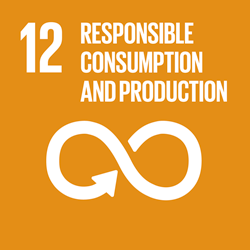Technological watch
Effects of Heating Temperature on the Properties of Bio-Board Manufactured by Using Soybean Straw
The objective of this paper is to effectively use soybean straw biomass resources and decrease the negative effects of using synthetic resin. Soybean straw was ground through a wet process then hot-pressed to make biodegradable fiberboard (bio-board) without any binder. The effect of heating temperature on mechanical properties and dimensional stability performance of produced bio-board was investigated. Bonding quality and chemical changes of the bio-board were also evaluated using scanning electron microscopy (SEM) and Fourier transform infrared (FTIR) spectroscopy. The moisture content decreased from 12.5% to 3.4% with the increase of heating temperature. Meanwhile, most mechanical properties of bio-board improved. However, an excessive heating temperature, especially at 230 °C, did not significantly promote the improvement of most mechanical properties. However, the dimensional stability performance of the bio-board was greatly improved from 140 °C to 230 °C. Overall, the results showed that bio-board could be made by using soybean straw without any synthetic resin. Heating temperature plays a significant role in affecting the properties of bio-board. The refined bio-board is expected to be used as a packaging material, heat insulation in architecture, and mulch film for agricultural purposes.
Publication date: 02/02/2020
Author: Xiaowen Song
Reference: doi: 10.3390/ma13030662






